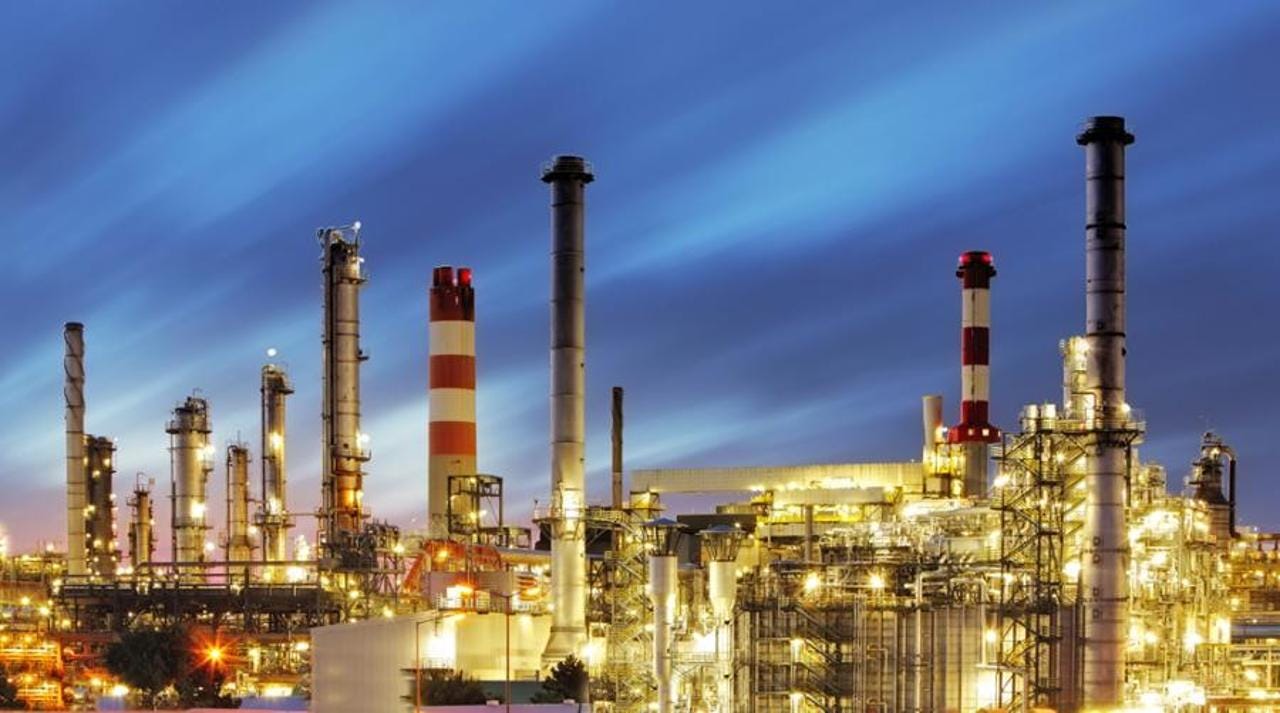This week’s episode opens with a look at Kazakhstan’s oil production surge and the geopolitical and economic ramifications of the country’s deviation from OPEC+ production quotas. Despite a formal commitment to restraint, Kazakhstan reached record-breaking oil output in March and remained well above quota in May. The discussion considers whether the move reflects nervousness in Astana about slowing GDP growth and growing public discontent over inflation, as captured in a recent report by United Research Technologies Group. The report highlights a gap between official narratives and lived experience, suggesting that the government may be prioritising short-term fiscal relief through oil sales, even at the risk of undermining cartel solidarity.
In a second segment, we explore a newly published academic paper, titled Bumps Along the Golden Road: Unpacking Sinophobic Sentiments in Central Asia, 2002–2023. The paper draws on protest data, survey results, and dozens of interviews to argue that anti-China sentiment has been steadily rising across the region. Kazakhstan and Kyrgyzstan remain focal points for street protests, while Uzbekistan’s xenophobic discourse is increasingly expressed via social media. But the episode also raises questions about how far these attitudes are generalisable, and how much they may reflect temporary surges of online outrage rather than structural geopolitical mistrust.
In this week’s interview, we speak with Merete Looft, a campaigner at environmental NGO Urgewald, about Kazakhstan’s potential inclusion in the Asian Development Bank’s Energy Transition Mechanism. Looft explains how the ETM seeks to retire coal plants early in favour of renewable energy, but she warns that without stricter safeguards, it risks funnelling money to fossil fuel firms with expansionist agendas. Drawing on Urgewald’s own research and coal industry tracking tools, she outlines what activists are watching for as feasibility studies proceed, and what a truly just transition should look like.
Useful links
• Central Asia Barometer research on attitudes toward China - https://capsunlock.org/publications/beyond-the-silk-road-navigating-the-complexities-of-central-asias-public-opinion-on-china/
• United Research Technologies Group report on economic sentiment in Kazakhstan (in Russian) - https://urtg.org/research-result/indikator-ekonomicheskih-nastroenij-kazahstana-maj-2025/
• Urgewald’s critique of the ADB’s Energy Transition Mechanism - https://www.urgewald.org/sites/default/files/media-files/urgewald_ADB_ETM_Paper.pdf
• Europe-Asia Studies article: Bumps Along the Belt and Road - https://www.tandfonline.com/doi/full/10.1080/09668136.2025.2486300?src=exp-la
• Book: Backlash: China’s Struggle for Influence in Central Asia, by Bradley Jardine and Edward Lemon - https://www.hurstpublishers.com/book/backlash/
• Gazeta.uz article about wave of anti-Chinese sentiment online - https://www.gazeta.uz/ru/2025/03/11/china-uzbekistan/















Share this post